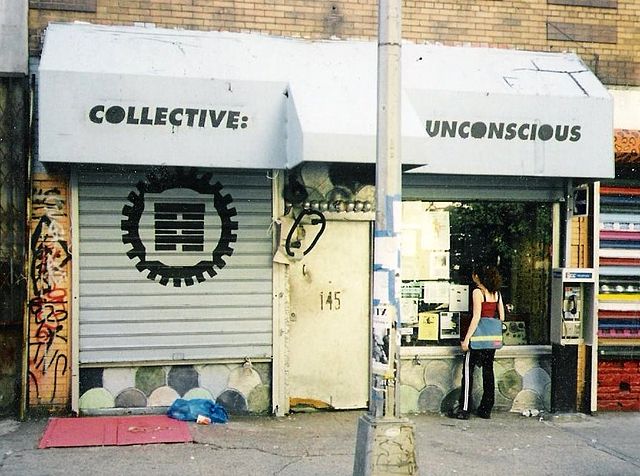Jungian archetypes in the social age.
 Does the spread and impact of social media allow us to redefine the archetypes behind the core of our personality and behaviour?
Does the spread and impact of social media allow us to redefine the archetypes behind the core of our personality and behaviour?
Jungian psychology proposes that we take on the traits of established personality archetypes - patterns and images that define our behaviour; derived from the collective unconscious and a counterpart to instinct.
Once an archetype is imprinted upon us it is modified according to the experience of the individual and cultural influence but the archetype remains as the central core to our personality.
Collective unconscious
Does the collective unconscious exist? Is there really a reservoir of primal knowledge and experience that we all tap in to or is it merely a derivation of instinct from prehistoric times?
We might wonder what's the difference?
Are personality archetypes simply a natural product of parental, societal and cultural influence?
If personality traits are reproducible across social, class and cultural barriers then what does it matter where they come from. Just as eusocial species like ants are imprinted with their roles in the colony are we, too, imprinted with a base, instinctual purpose but one which has become diluted due to evolution?
Does social change us?
The rise of social media on a global scale causes us to reassess our interests, our behaviour and our relationships. The meaning of the word "friend" became diluted as our social circles widened and our sphere of influence increased.
Suddenly we are part of a global village with global concepts, global trends and global concerns. Our day-to-day experience is no longer limited by physical location or restricted to a tiny fraction of the population. We share ideas across social and cultural boundaries which would have been previously thought impossible so are we changing?
In the social age are we heading in a more eusocial direction with crowdsourcing turning us into temporary colonies with a natural division of labour according to our archetypes as opposed to enforced division according to power or status?
Knowledge is power
Does direct access to knowledge and the thoughts and experiences of others via social media and the internet now allow us to define new archetypes or redefine our own nature?
If archetypes are modified by parental, social and cultural influence is social media - despite its global impact - merely an additional cultural influence forcing us to remould the archetypes according to our experience?
As we evolve so the collective unconscious should evolve with us; surely, it is not an intransient thing but a fluid amalgam of what it means to be human. With technology and social media changing our thoughts, behaviour and relationships the collective unconscious should, over time, adapt to match the human experience. At what point do we cross a boundary and an existing archetype become sufficiently moulded as to form a new genus?
If we as a species are changing (culturally and intellectually, if not physically) then how long before the traditional archetypes no longer apply?
This post is a rewrite of an original discussion on Google+ here.
Image by Justin Davila, Wikimedia Commons

[…] Does the spread and impact of social media allow us to redefine the archetypes behind the core of our personality and behaviour? […]
[…] Does the spread and impact of social media allow us to redefine the archetypes behind the core of our personality and behaviour? […]